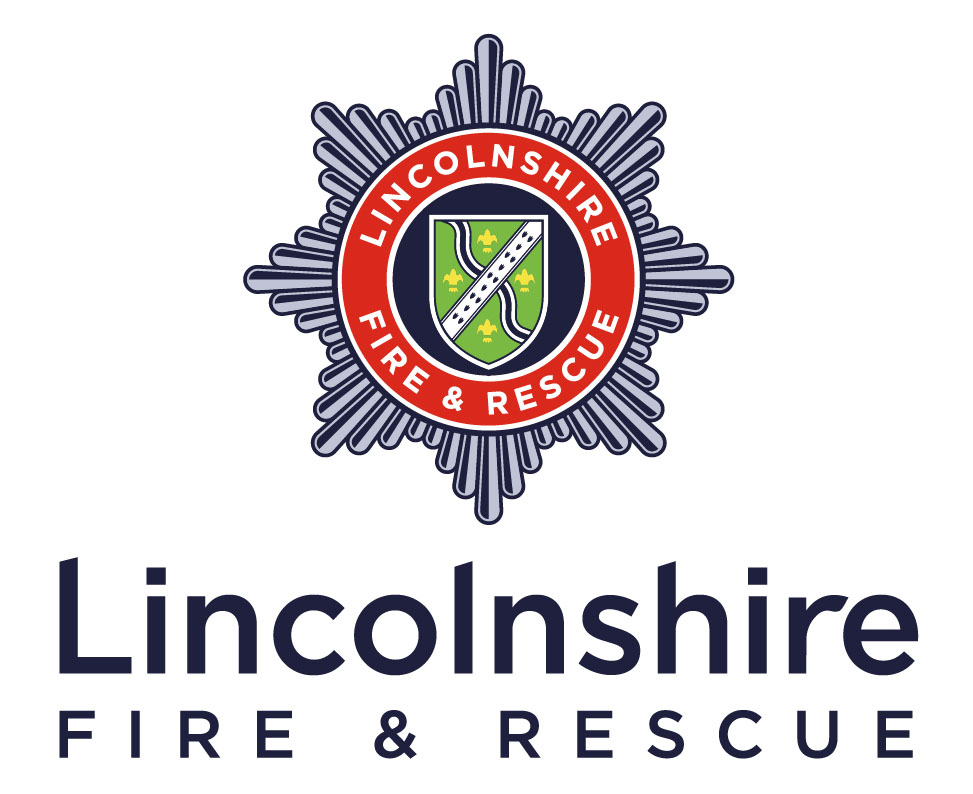Whether you are a student in halls or in your first flat, it is your responsibility to keep your accommodation safe from fire.
False alarms
Many fire calls to student accommodation are false alarms. Most false alarms are caused by carelessness, negligence, or reckless behaviour and can easily be avoided.
Never:
- Use aerosol sprays, iron, or smoke underneath detector heads
- Cover a smoke or heat detector head
- Remove a detector head
All fire alarm activations should be treated as if there is a fire unless told otherwise by accommodation staff or a firefighter.
Making a hoax fire call is a criminal offence. This includes malicious activation of a fire alarm break glass point. You can be prosecuted and can face a fine and up to six months in prison if convicted.
General fire safety in your accommodation
Always get to know the safety information for any premises you are living in and have been provided with.
- Never wedge fire doors open, or switch off electrical devices attached to them
- Make sure exit routes and communal areas are clutter free
- Don’t tamper with firefighting equipment – it may not work correctly when needed
- Avoid using incense or candles - in most cases your tenancy agreement will prohibit their use
- Familiarise yourself with the emergency escape plan for the building. Make sure you know how you would get out of your home safely in the event of a fire
- Use washing machines and tumble dryers during the daytime when you are awake
- Only smoke in designated areas, using the ash bin provided and always make sure you stub the cigarette right out.
- When you go to bed at night close all your internal doors, this will help slow the spread of smoke and fire.
Landlord responsibilities
In privately rented accommodation, landlords have a responsibility to ensure that:
- There is at least one smoke alarm on each level of the property (check with the property owner as it may be your responsibility to test the alarm every week)
- There is a carbon monoxide alarm in all rooms that contains non-electric heaters
- All furnishings are fire-resistant and meet safety regulations
- All gas and electrical appliances are in good working order
You can find more information on landlord and tenant responsibilities here.
Halls of residence and accommodation blocks
Fire doors are in key locations and when shut, protect your escape route by keeping it free from smoke and fire. Fire doors should NEVER be wedged open, it will put yours and others' lives at risk.
Automatic heat and smoke detectors will be in key areas and will be activated by heat or smoke sounding the alarm. If you hear a continuous fire alarm, go to your designated assembly point.
Smoke detectors in some buildings may also operate smoke venting systems. These systems when activated will draw out the smoke from escape routes allowing you to escape safely. In most cases they will not sound the fire alarm.
Fire alarm break glass (red) call points are located at exit doors and at stairways. If you discover a fire, break the glass to sound the alarm, then go to your designated assembly point. Never put yourself in danger.
More fire safety tips
You can find more fire safety tips on this website including cooking safety, electrical safety and heating your home safely.

